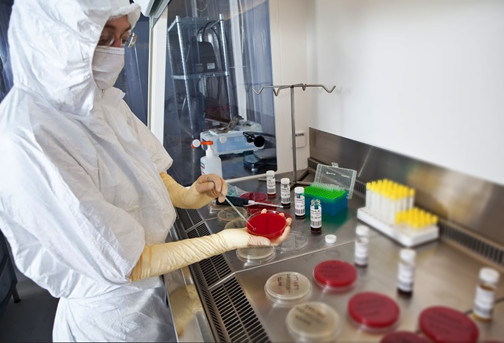
Dr Bernhard Jenk from the Massachusetts General Hospital’s Center for Regenerative Medicine has written an article discussing the importance of stem cell technology and cord blood banking.
Dr Jenk talks about the regenerative power of stem cells found in umbilical cord blood. He notes that haematological stem cells from umbilical cord blood are already used to treat childhood cancers. They can replenishing cellular activity in the bone marrow after cancer treatment. However, because childhood cancers are rare, some parents believe it is unlikely that they will need the stem cells found in umbilical cord blood.
It is important to understand that new research is showing a much greater potential use for these stem cells. A technique called cellular re-engineering allows certain stem cells to be prompted to form other types of tissue — including bone, cartilage, neurones, nerves and more.
Researchers are already performing studies on rats to determine if these stem cells can be used to replace lost limbs. In the research, scientists drew cells from live rats and stripped those cells down to their progenitor cell (similar to a stem cell). The progenitor cells were then used to create a structure called the matrix — a grouping of progenitor cells that match the makeup of a limb.
Dr Jenk suggests that there are many more cutting-edge medical procedures soon to be available thanks to the stem cells found in umbilical cord blood. Re-engineering human tissue and organs may become commonplace in the future. Dr Jenk also suggests stem cells may also be used to evaluate best practices when it comes to medication doses for specific diseases.
There is certainly a bright future ahead for stem cell technology and cord blood banking.
Source: Growing new limbs ─ the importance of stem cell technology and cord blood banking
{{cta(‘8fb14eb8-c6eb-4083-8125-73d2d51bcf10’)}}
{{cta(‘fec594e9-5433-4350-9180-2bdd371eb399’)}}

